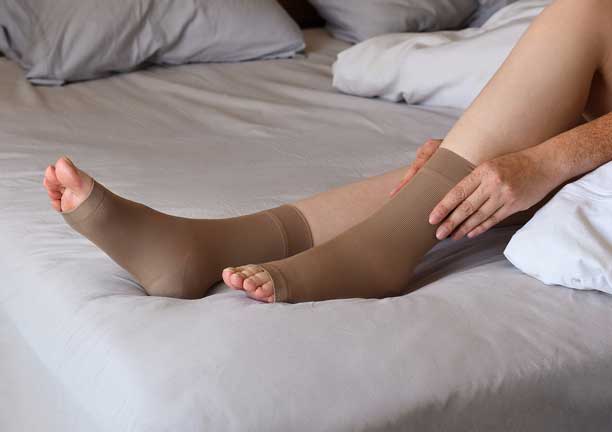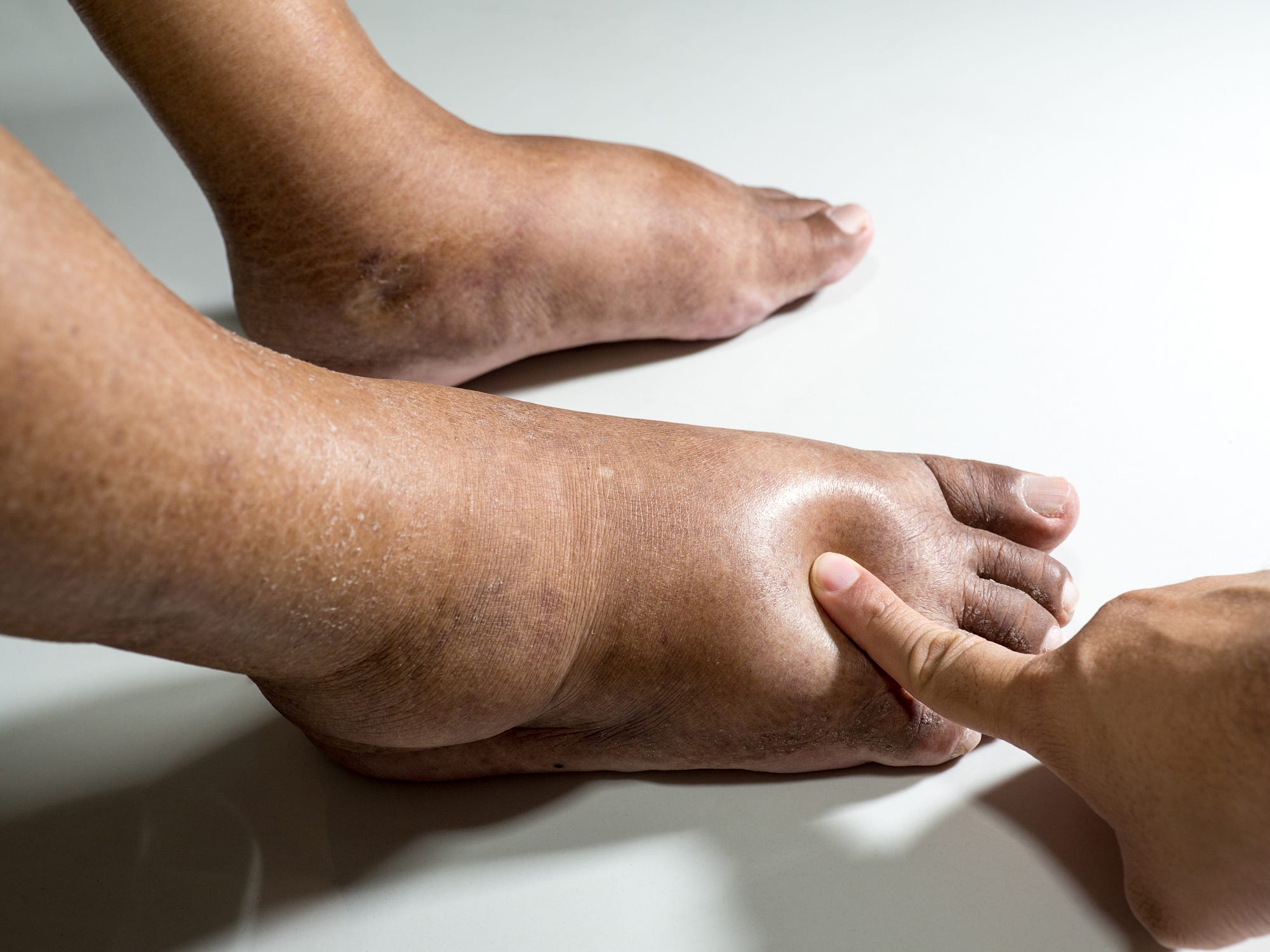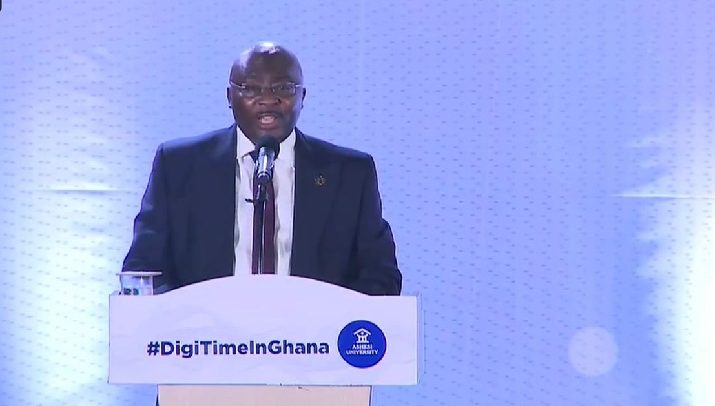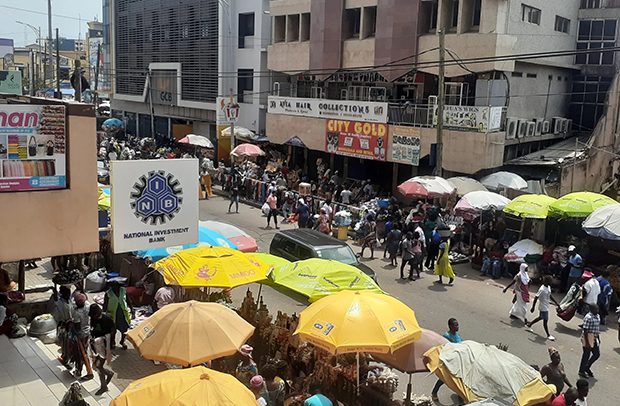

These remedies are easy, and most of the items can be found around your home.
Swollen legs can be uncomfortable and frustrating, whether it's from standing too long, sitting for extended periods, pregnancy or a medical condition like heart issues, or kidney problems.
Swelling occurs when excess fluid builds up in your tissues, causing your legs, ankles, or feet to puff up. This can make walking difficult or even painful.
The good news is that there are simple remedies you can try at home to help ease the swelling and bring you some relief.
1. Elevate your legs
One of the easiest ways to reduce swelling in your legs is by elevating them. When you raise your legs above the level of your heart, it helps your body drain the excess fluid back into your bloodstream. This can reduce the pressure on your legs and bring down the swelling. Try propping up your legs on a pillow while lying down or sitting on the couch. Aim to elevate your legs for at least 15 to 30 minutes a few times a day.
2. Stay hydrated
It might seem counterintuitive, but drinking plenty of water can actually help reduce swelling. When your body is dehydrated, it holds onto more fluid, which can make the swelling worse.

By drinking enough water, you can help your body flush out the excess salt and fluids that cause puffiness. Try to aim for at least 8 glasses of water a day to keep yourself well-hydrated and your body functioning properly.
3. Wear compression socks
Compression socks are specially designed to help improve blood circulation in your legs and reduce swelling. They gently squeeze your legs, encouraging the blood to flow back up to your heart instead of pooling in your lower limbs. Compression socks are particularly helpful if you stand or sit for long periods of time.

4. Use cold therapy
Applying something cold to your swollen legs can help reduce inflammation and provide quick relief. You can use a cold pack, a bag of frozen vegetables, or even a damp towel that has been chilled in the freezer. Wrap it around the swollen area for about 15 to 20 minutes at a time, and repeat this process several times a day. The cold helps to constrict blood vessels, reducing swelling and easing discomfort.
5. Gentle exercise and stretching
Moving your body, even gently, can go a long way in reducing leg swelling. When you’re inactive, blood and fluids tend to pool in your lower body. Doing light exercises like walking, cycling, or simple leg stretches can get your blood flowing and reduce the build-up of fluid. Even a short, gentle walk around your home or doing ankle rolls while sitting can help. Stretching your legs, particularly after sitting or standing for long periods, can also prevent fluid retention and keep your muscles relaxed.
This content was created with the help of an AI model and verified by the writer.
Read Full Story


























Facebook
Twitter
Pinterest
Instagram
Google+
YouTube
LinkedIn
RSS